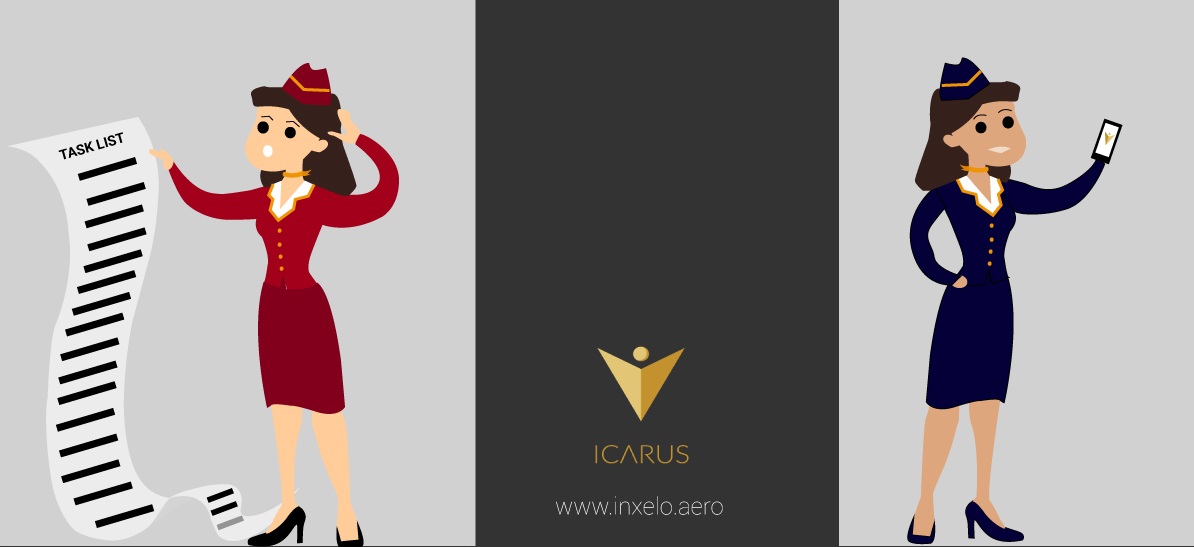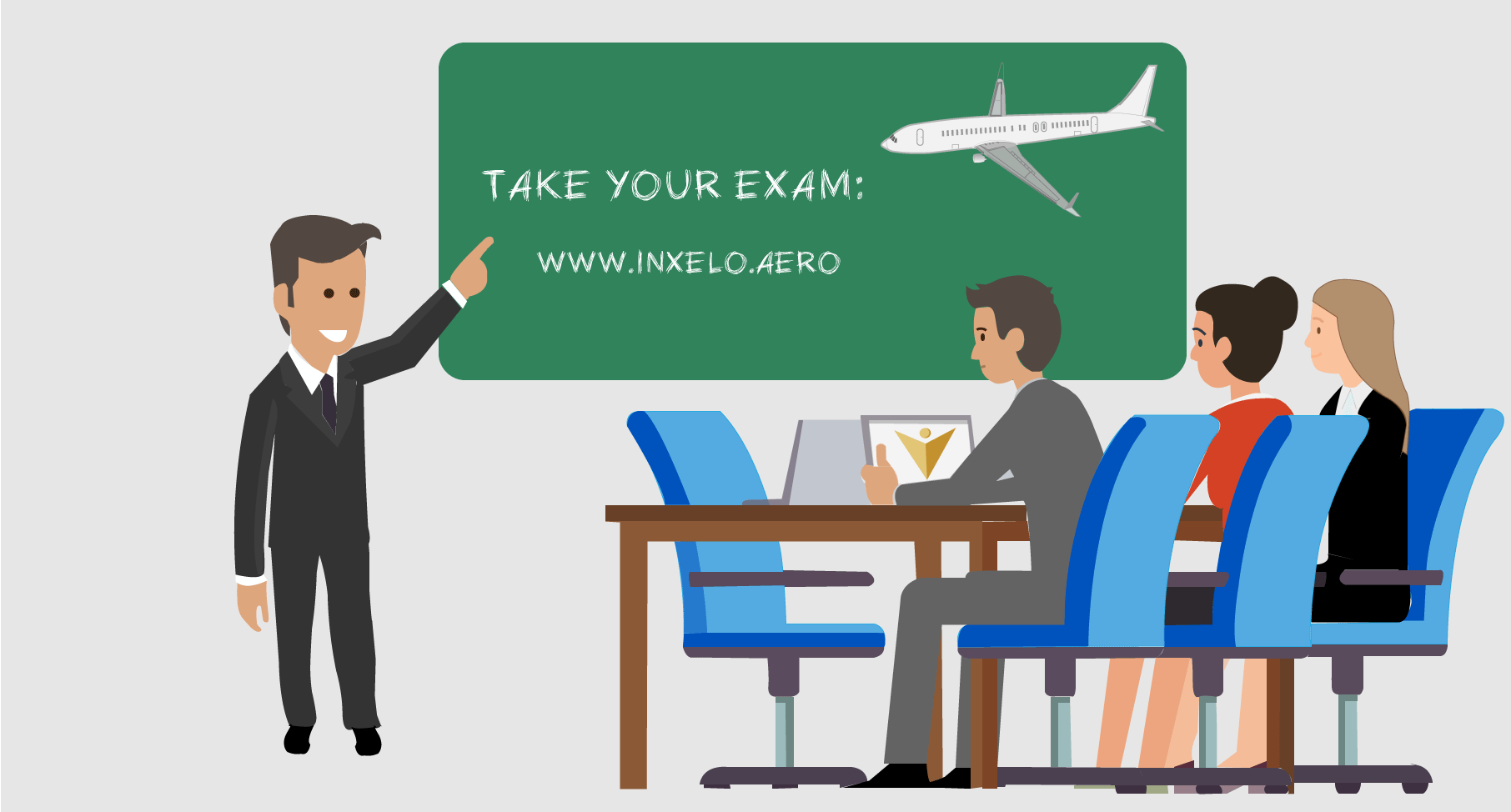No matter which profession or in what position you are working, there are some universal rules we should all stick to be a good employee. In my first article for Voice, I wrote about reasons why employees ignore the SMS program you have You have SMS program, but employees just ignore it? Here is why.. Today we are bringing you helpful tips to be a good employee who recognize safety as important and develops a good safety culture, of course if we assume that good employees shape a good safety culture.
Therefore, if you want to be an extraordinary employee read these tips:
• Work on your communication style
Good communication skills are one of the most important qualities for every employee. If you do not know to express yourself, you will probably never succeed in developing an outstanding career. So learn which communication style is the most effective one when it comes to your working team. Both oral and written communication plays a very important role. It is important to learn to communicate well by email. Be clear, concise, and organized about what you are trying to accomplish. Re-read what you are sending several times before sending it. Moreover, the same thing must be applied to reporting hazards. Maintain your communication timely. Be constructive in resolving conflicts, engage in a constructive conversation, and you’ll be known for handling the situation in a perfect way!
• Be punctual
This characteristic is connected to the impression you make. If you are not punctual, your manager will probably think that you are not interested in work or the task assigned to you. Respect other people’s time and they will respect yours, so always be on time at the workplace and for meetings. Develop a strong work ethic by prioritizing your tasks every day. If you are not able to prioritize the tasks, ask your manager which are the high priority tasks that need your attention. Use the last 15-20 minutes of your shift to be productive and prepare for the next day. Be the person your boss can depend on. And last, don’t forget to take care of yourself. Take your vacations, get away from work for lunch, arrive on time and leave on time. When finishing a large task, take a break, it helps set priorities and planning for your next actions.

• Be friendly
This quality is the simplest but for some also the hardest. A sincere greeting followed up by a few questions that show you care about your co-worker. Make eye contact and smile. If you’re naturally introverted or reserved, you can follow this approach to gain confidence in interacting with others. Treat co-workers with respect. To be successful in most jobs today, workers must also be good team players. Cheer on your co-workers for their achievements. Whenever it is possible, help your colleagues who might struggle at a particular task assigned to them. Good safety individual is always ready for self-sacrifice, rather than being self-centered. This kind of individual always sees a bigger picture of the situation and knows that everything he does or fails to do will always have an impact on other people and systems. The best employees are aware of their surroundings and are willing to help when they see something they can do.
• Be ready to learn
Great safety individuals are ‘hungry for knowledge’. A person who never gets tired of learning and exploring new things will be a good employee to your company. A good employee must be able to go out of his comfort zone. Learn what resources are available to you. Often knowledge is right in front of you. When you are stuck, find who are good go-to people to ask for assistance. Show initiative by going beyond tasks that you are assigned. Learn new skills and take advantage of training opportunities. Formal training should happen frequently enough that employees feel prepared to do their jobs. Be opened to push the limits, consider better ways to do your job. To improve your knowledge be curious and listen to what others are saying. Learning new things will surely add value to your work.

• Be open to get feedback
One of the hardest things for all of us is to learn how to handle constructive criticism and how to use it to improve our performance on the job. Take criticism gracefully. Doing your work well is important, but your attitude is what matters. Know your duties and responsibilities, and don’t let anything to weaken your work performance. When things go wrong, do not throw people under the bus. If you make a mistake, find ways to prevent it from happening again; seek advice from those who may have a better understanding of how to deal with difficult situations. Good safety individuals exhibit courage and patience when they are faced with problems. They are always part of the solution, not the problem.
• Know your goal
For this quality, you need to be able to see the bigger picture. Be aware of the fact that you are there to serve the ultimate goal, which in aviation business always needs to be safety. Make safety your goal too. Saying no to additional responsibilities such as not be mentally present on training, not reporting hazards, etc. means saying no to any future growth. Act professionally. No matter what your job is, it is important to be focused and act professionally in all situations.
For employees who are focused on the job, safety is the top priority. They are proactive and work well with everyone regardless of how they feel personally about them. When it comes to safety, their actions speak louder than words. Focused employees always model proper behavior and never compromise a safety rule.
All these qualities can be applied to every business field, such as to aviation. By following these tips, and trying to be the best possible employee, there is no chance that safety in your company would be compromised. One more thing is important to point out. When employees are constantly reminded about the importance of safety, not only their behavior changes, but also it becomes their habit. When repeated actions become a habit, employees will develop a positive attitude towards safety and will learn to be part of the prevention and not part of the accident/incident investigation.







